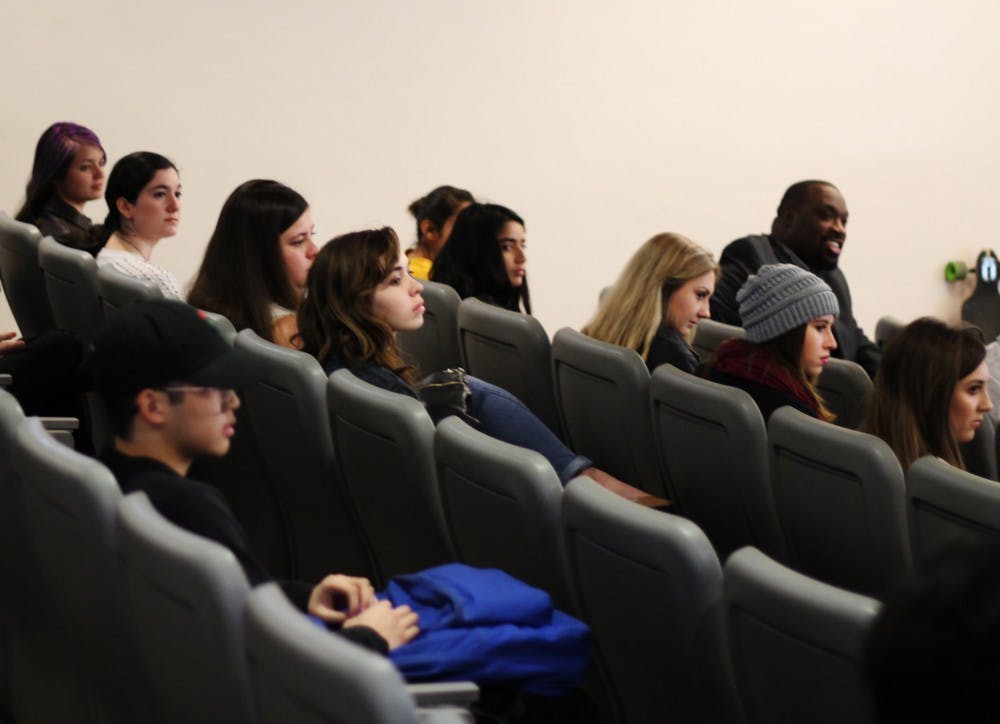A new bill introduced by state Rep. Bob Thorpe (R-Flagstaff) would restrict universities from charging student activity fees for political speeches, activities or purposes.
Student activity fees, or student programs fees, are tuition charges that the student government allocates throughout the university, often primarily to clubs and organizations. ASU political clubs such as Young Democrats and College Republicans would no longer receive portions of that appropriation.
House Bill 2089 states that schools, colleges and universities under the Arizona Board of Regents "may not use student activity fees it charges for any political speech, political activity or other political purpose."
Brandon Bishop, president of Tempe Undergraduate Student Government, said that clubs apply for funds to create posters and flyers to inform students of their club or events they are hosting. Bishop said TUSG was concerned with the vagueness of the bill.
“Our biggest fear was that we would no longer be able to support student organizations who want to engage students politically, whether they are from one party, another party or if they’re not part of a party," Bishop said.
TUSG is in opposition to HB 2089 even though the bill is not currently assigned to a committee, Bishop said.
“We have some good insight to say that we don’t expect this bill to pass or really be put onto an agenda,” Bishop said. “We’re going to keep watching it closely to see that it doesn’t go forward, and if it does, we will take the appropriate action to notify the student body about it … and to oppose this.”
Zakary Ghali, president of ASU’s Young Democrats, said the bill’s actions aren’t as worrisome to him as the implications.
“The worst part about this bill isn’t that it will stop us from doing day to day activities it’s that I think it has a much wider reaching implication,” Ghali said. “What does Rep. Thorpe have to fear from ASU students having resources to engage in political discussion?”
Ghali drew comparisons between this bill and HB 2260, which would restrict students from using dorm residencies as addresses to register to vote.
“We get appropriations from USG in order to do things that improve the community and culture of the club,"Ghali said. "We will get food for a meeting, we will get t-shirts, it helps us with promotional items so that when we’re out talking to students we can give them a handout of what we’re about, or a business card. If this bill were to pass, it would challenge the way we function because we don’t really fund raise as a school chapter we’re really plugged in what we need to use money for.”
Kevin Calabrese, president of ASU’s College Republicans, said that he supports the status quo, saying the bill isn't necessary. He pointed to Supreme Court Justice Sotomayor's visit last week as an example of something he supported.
“I think if they are coming to the school for the purpose of campaigning it is different if they are coming to the school to talk about policies,” Calabrese said. “I know it can be hard to distinguish a normal speech versus a campaign speech."
Reach the reporter at maatenci@asu.edu or follow @mitchellatencio on Twitter.
Like The State Press on Facebook and follow @statepress on Twitter.




